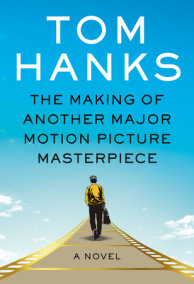
At the end of the semester, I always like to include a wrap-up exercise for one final creative writing task: “It’s a Wrap” – which also seems to be a fitting way to say goodbye to the American Studies Blog this September. Here’s how the task works:
- Select endings from novels or short stories without revealing the original source. These are some of my favorite choices:I really, truly wish he hadn’t said that. I keep thinking about it. I can’t stop. I don’t have anything else to add. I just wanted to make sure I had the last word. I think I’ve earned that. (Gone Girl by Gillian Flynn)
“It’s because I’m concentrating on my thesis, I don’t worry about other stuff. Nobody asked if Freud checked the use-by date on the milk.” “They didn’t have use-by dates in the early twentieth century.” It was incredible that two such dissimilar people had become a successful couple. (The Rosie Project by Graeme Simsion)
Through the windows a strange subterranean light was rising, barely distinguishable from darkness. I felt change far beneath me, moving deep beneath the surface of things, like the plates of the earth blindly moving in their black traces. I found my bag, and my car keys, and I let myself silently out of the house. (Transit by Rachel Cusk)
…Also I’ve begun to feel he’s the only person who knows anything about me. Maybe because I’ve never hit anyone else with a bottle, so they never got to see that part of me. Neither did I come to think of it. It did make a mess; but then, I don’t think I’ll ever be a very tidy person. (Lady Oracle by Margaret Atwood)
- Ask participants to write a piece of short fiction (350–700 words) using the selected ending as a prompt for beginning their stories.
- Keep your promise and reveal the original literary sources to your participants once they’ve completed the task.
In the following story, “Who’s Getting Crowned,” the ending from Alan Bennett’s The Uncommon Reader inspired me to create a meeting between the Queen and her most loyal subjects. Enjoy!










